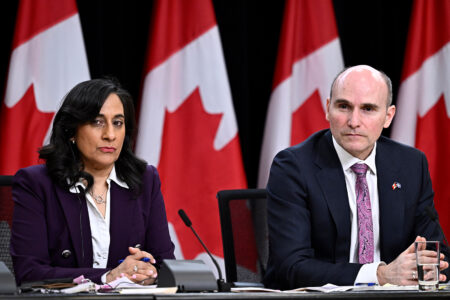
I took a lot of flak from friends one summer in Maine for taking I.F. Stone’s The Trial of Socrates to the beach. Stone’s classic work was a philosophical spin through the events of 399 BC, when Socrates’ mischievous teachings brought him into conflict with Athenian democrats, leading to his trial and execution. Fascination with those events persists through the centuries. The fascination also swept up Stone, a muckraking Washington journalist who learned classical Greek late in life in order to read the original texts for new clues, trying to understand how an ancient society that revered free speech could engage in the ”traumatic spectacle” of executing a philosopher.
But beach reading? Summer is supposed to be a time to dial your mind down, lightening it with fictional detectives, dysfunctional families and ghosts. We spend our working days plowing through reports and “important articles,” surfing news sites and Twitter feeds that are supposed to ensure that we are always up to date. The division between those daily reading habits and “summer reading” has become almost a cultural artifact, as if reading for pleasure is a conscious break in the routine, the way skipping the gym over the Christmas holiday is indulged until the New Year.
The guy who read I.F. Stone in hardcover in the sand disagrees. We should read fiction (even the fluffy stuff) all year round. Similarly, there is no reason why you can’t load an iPad with serious nonfiction to take to the beach, which is why our summer reading issue is offering excerpts from a host of new books that merit the attention of those who care about public policy. They cover a range of topics, from the potential and the overhyping of new technologies, to why Western governments are incapable of dealing with our biggest problems and how intentions ran aground in Sudan. They are good reads, worth reflecting upon from your perch at a cottage, park or balcony.
With the arrival of our new Web site at irpp.org, Policy Options is shifting to a new schedule, publishing every two months. The move reflects the changing media landscape in which readers expect to be engaged online, whenever they choose. We plan to meet them in this digital space. The magazine will continue to innovate and improve, in print and online, seeking out important ideas and new voices to grapple with the policy challenges of our time.
Photo: Maglara / Shutterstock







